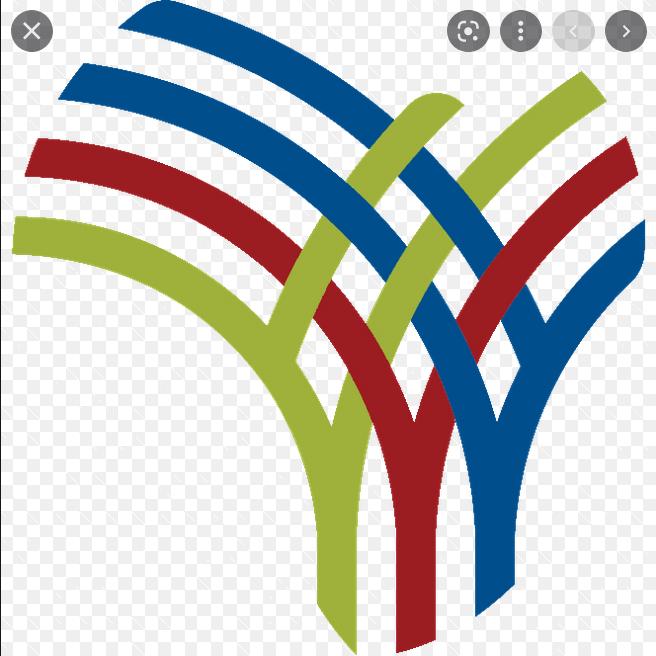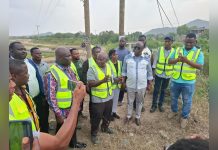Africa-Press – Ghana. Experts at a forum on technology have advocated the need for the adoption of technology to transform the current educational systems into a more inclusive and innovative paradigm.
Dubbed, “TECH4ALL Education Global Online Summit”, it was organised in Accra by Huawei Technologies Company Limited on August 11.
The Assistant Director-General for Education, United Nations Educational, Scientific and Cultural Organisation (UNESCO), Stefania Giannini, in the opening remarks noted that technology could play a critical role in changing the educational sector.
As such, she stressed the need to use technology efficiently and effectively to ensure the connectivity of all.
Technology can play a critical and catalytic role in transforming education,” said Ms Giannini stated.
“We need to use technology to ensure connectivity for all; build free, public digital learning content and platforms; and focus on how technology can enhance innovation and change in teaching methodologies,” Ms Giannini added.
The Chief Marketing Officer of Information and Communication Technology (ICT) for Huawei, Kevin Zhang, similarly said technology had the power to alter the edification of all.
He disclosed that Huawei was, therefore, helping in the transformation process through three ways, thus “connecting schools, promoting digital skills, and supporting Science, Technology, Engineering and Mathematics (STEM) curriculum.”
Mr John Ntim Fordjour, Deputy Minister of Education who cited the Technology-enabled Open Schools for All (TeOSS)programme by UNESCO,said it was part of strategies that leveraged technology and used a transformational approach for the betterment of education.TeOSS is a programme supported by Huaweianddeveloped in close collaboration with the Ministry of Educations of Ghana, Ethiopia, and Egypt. The three-year project aims to benefit students and teachers in the three African countries and set the foundation for innovative education systems that seamlessly connect school and home learning in online and offline scenarios to maximise inclusion.
“It is a project we are very much excited about. The purpose is to provide reliable connectivity for all schools at the pre-tertiary level. Future educational technology is going to advance the quality of education and even the ways we teach and learn,” Mr Fordjour added.
Martin Kungania, Deputy Director, Education National Coordinator for Kenya’s Digital Literacy Programme likewise said the project was to ensure that no child was left behind.
“In Kenya, connecting schools, boosting digital literacy, and providing teachers and students with digital devices is a key priority. Successful completion of phase one of the DigiSchool project, for example, saw 13 schools connected, with more than 6,000 students benefiting,” he added.
For More News And Analysis About Ghana Follow Africa-Press







